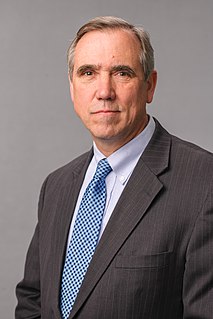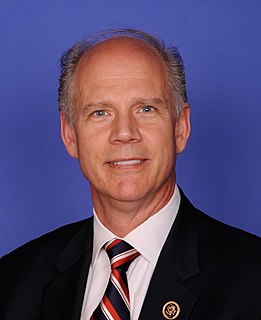A Quote by Abraham Verghese
I think we can see how blessed we are in America to have access to the kind of health care we do if we are insured, and even if uninsured, how there is a safety net. Now, as to the problem of how much health care costs and how we reform health care ... it is another story altogether.
Related Quotes
What sensible people have got to do is not simply repeal the Affordable Care Act without any alternative, but you've got to sit down and say it's OK, what are the problems. How do we address it? How do we move to universal health care? How do we lower prescription drug costs? How do we make sure that people don't have outrageous deductibles? You just don't throw 20 million people off of health insurance. You don't privatize Medicare.
Since 1994, lawmakers on both sides of the aisle have considered it politically risky to offer a plan to fix America's broken health care system. The American public, though, has paid the price for this silence as health care costs skyrocketed, millions went uninsured, and millions more grappled with financial insecurity and hardship.
One such troubling provision is a tax increase to pay for the $635 billion included in the budget for health care 'reserve funds.' Health care reform is desperately needed in America, but I'm concerned that $635 billion will be a down payment on socialized medicine, causing the impersonal rationing of health care and destroying the doctor-patient relationship.
When it comes to the health of our families, Barack refused to listen to all those folks who told him to leave health reform for another day, another president. He didn't care whether it was the easy thing to do politically - that's not how he was raised - he cared that it was the right thing to do.



































